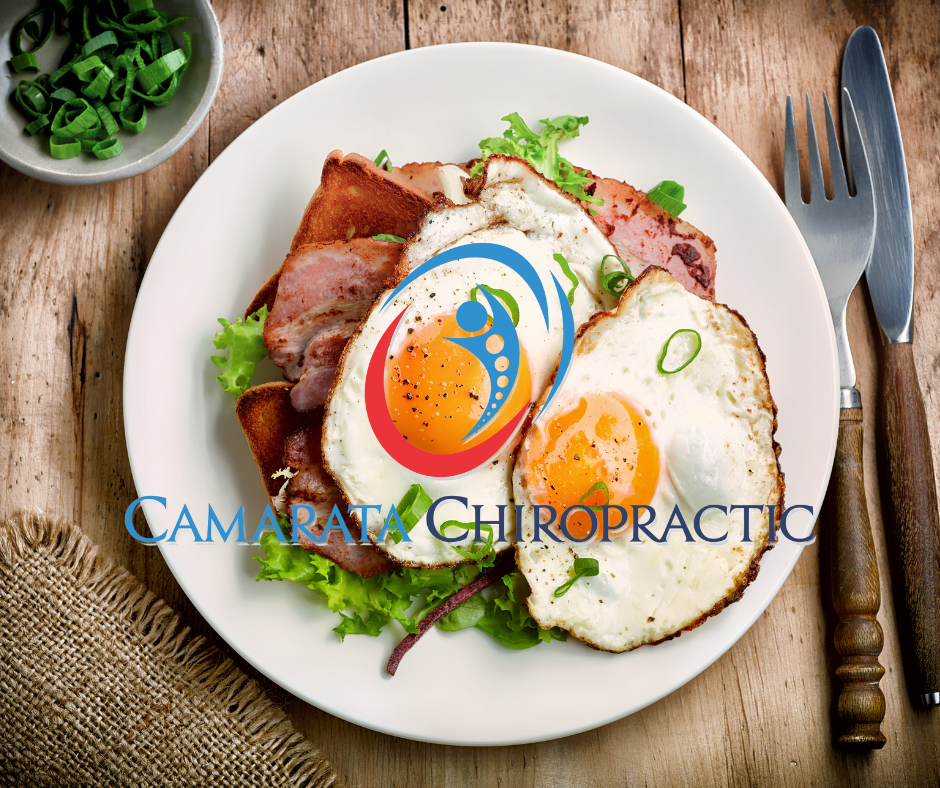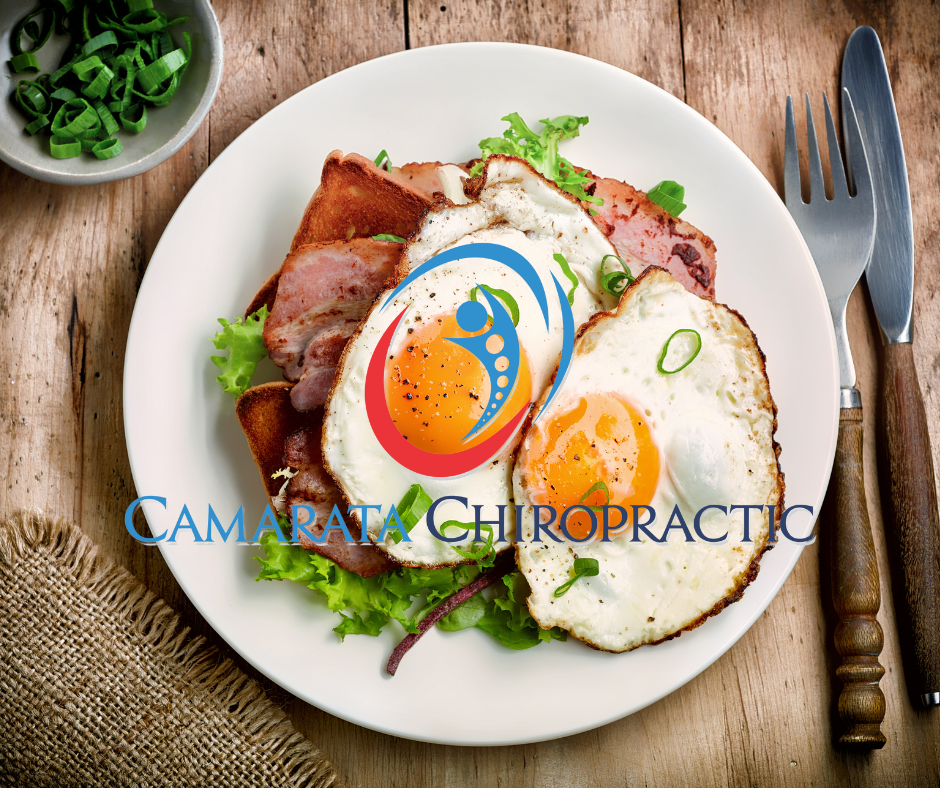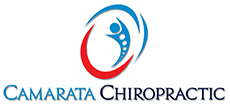What is Choline? The Essential Nutrient You Might Not Know About!

In the realm of nutrition, some nutrients make headlines, while others, like choline, often fly under the radar. At Camarata Chiropractic & Wellness, we believe in enlightening our community about the lesser-known yet crucial elements of nutrition. Let's dive into what choline is and why it's vital for your health.
Understanding Choline:
Choline is an essential nutrient that supports various bodily functions. While your liver can produce small amounts, it's not enough to meet your daily needs, making it important to consume through your diet.
Key Functions of Choline:
- Cell Structure: Choline is a component of phospholipids that make up cell membranes, ensuring cell structure integrity and signaling.
- Cell Messaging: It plays a role in the production of neurotransmitters, facilitating communication between cells, especially in the brain.
- Fat Transport and Metabolism: Choline helps transport cholesterol and triglycerides, preventing fat accumulation in the liver.
- DNA Synthesis: This nutrient aids in DNA synthesis, supporting the process of cell division and growth.
- Brain and Nervous System Support: Choline is crucial for brain development, nerve function, and maintaining the myelin sheath of nerve fibers.
Impact on Health:
- Heart Health: By assisting in fat metabolism, choline helps reduce the risk of heart diseases.
- Athletes: For athletes, choline enhances endurance and delays fatigue by maintaining optimal muscle function.
- Brain Function: It's essential for memory, cognitive function, and brain development, making it important for all age groups, from infants to the elderly.
- Mental and Emotional Health: Adequate choline levels are linked to improved mood and may help in managing mental health conditions.
Foods High in Choline:
- Eggs:Particularly the yolks, are an excellent source of choline.
- Meat and Poultry: Liver, in particular, is rich in choline.
- Fish: Options like salmon and cod are good sources.
- Dairy Products: Milk, yogurt, and cheese contain choline.
- Nuts and Seeds: Especially almonds and peanuts.
- Legumes: Such as kidney beans and chickpeas.
How Much Choline Do You Need?
The recommended daily intake of choline varies by age, gender, and life stage. Generally, adults should aim for about 400-550 mg per day. However, requirements can be higher for pregnant and breastfeeding women due to the role of choline in fetal development.
Choline is an unsung hero in the world of nutrition. Its wide array of functions and benefits, from heart health to brain function, underscores the importance of including choline-rich foods in your diet. At Camarata Chiropractic & Wellness, we encourage our patients to maintain a balanced diet that supports their overall health and complements their chiropractic care.
New Patient Scheduler Online Here! Follow us on Facebook for more content! Give us a call 585-617-4145

